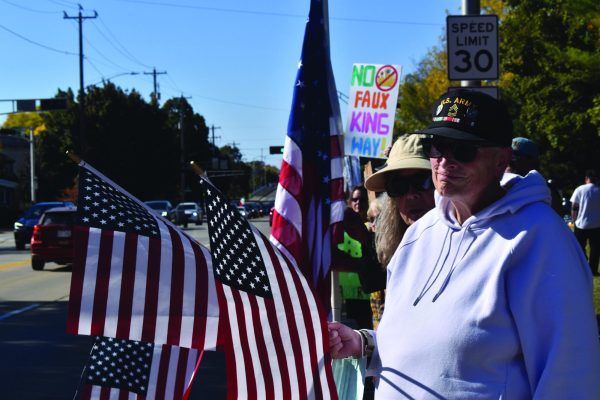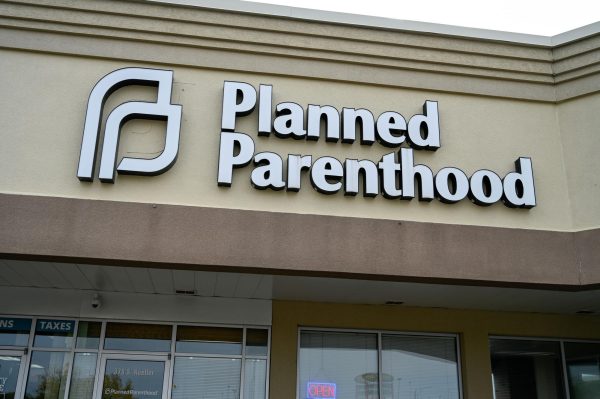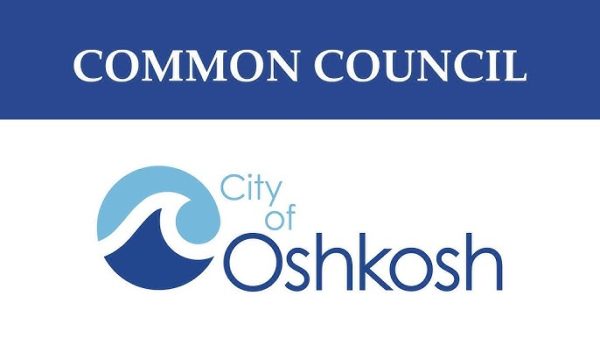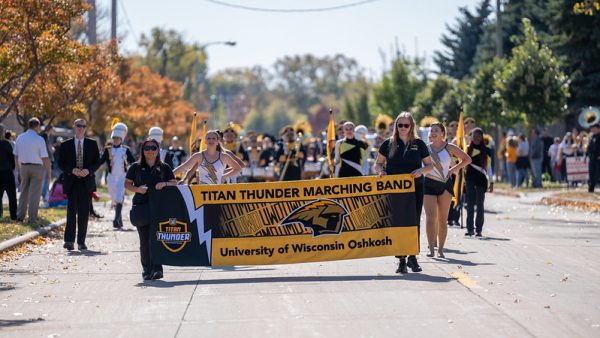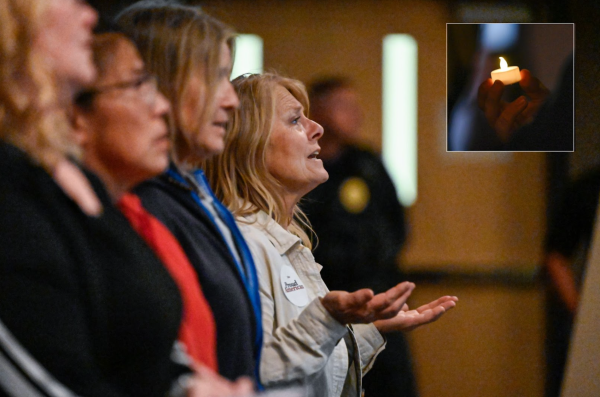Red Cross calls for blood emergency
The American Red Cross issued an emergency call for blood donations ahead of its blood drive at UW Oshkosh on Tuesday.
UWO held its first blood drive of the spring 2019 semester on Tuesday, offering donors a free Red Cross T-shirt and snacks. The event was located in the Badger State Room of Gruenhagen Conference Center from 11 a.m. to 4 p.m.
According to an email report from the Red Cross, more than 70 blood drives were canceled due to severe winter weather in January, resulting in about 3,000 uncollected donations.
The email said a person needs a unit of blood every two to three seconds, and most people will need a blood transfusion in their lifetime.
Director of Gruenhagen Marc Nylen said the use of the word emergency compels people to want to donate.
“The critical factors are supply and demand,” Nylen said. “The number of people who are willing to step forward generally does not meet the demand in this world, and specifically in the state of Wisconsin. Part of it is weather-related; part of it is catastrophes that take place where high blood supplies are needed.”
President of the UWO American Red Cross Club Maizie Wilharm said the extreme winter weather influences accidents nationwide. This increases the demand for blood donations, and it also prevents donors from leaving their homes to give blood.
For each blood drive, the Red Cross sets a goal, which was 30 pints of blood for this drive. Last month, UWO surpassed its goal, receiving 35 pints, according to Wilharm.
Wilharm said each donor gives one pint per donation, and one pint can save three lives. Gruenhagen’s The Badger State Room allows for nine donors to give blood at once.
Each UWO blood drive is put on by three different organizations: the Red Cross, UWO faculty and the UWO American Red Cross Club, a student-run organization.
UWO faculty, Nylen and Conference Coordinator Laurie Hughes reserves the space for each blood drive, markets the drive and recruits volunteers. The UWO American Red Cross Club organizes each drive by planning and coordinating the details of each event.
Nylen said the average blood donation takes about an hour, including the wait, and that many factors motivate and provide satisfaction to blood donors.
“I compare it to, if you go to a church and somebody asks you to donate $10, you may or may not do that; if somebody says, ‘Critically, we need your blood to help save lives,’ there’s not too many people that are going to say no to that,” Nylen said. “The other factor is that they may have been the recipient of the benevolence of the American Red Cross, either individually or someone in their family.”



